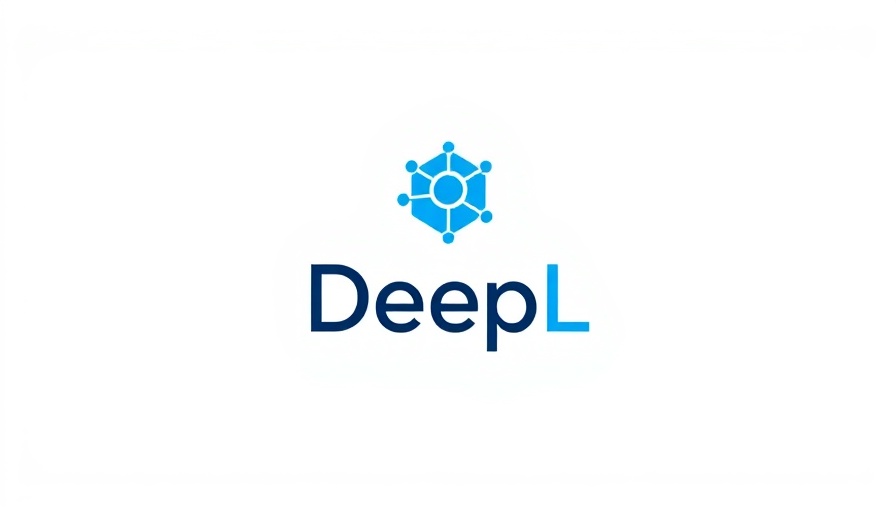
The AI Revolution in Clinical Writing
The evolving landscape of artificial intelligence (AI) is revolutionizing the way clinical study documents are prepared within the pharmaceutical industry. Recent announcements from the FDA reveal that new generative AI tools are not only streamlining processes but also significantly reducing the time investment required for writing such essential documents. According to Jinzhong Liu, a deputy director at FDA’s Center for Drug Evaluation and Research (CDER), AI has enabled tasks that once took days to be completed in mere minutes, prompting a swift move towards an agency-wide adoption by 2025.
Transforming Pharmaceutical Efficiency
With the FDA leading the charge, pharmaceutical companies are already seeing impressive results from pilot programs using AI in clinical writing. Timothy Martin, VP of Product at Yseop, highlighted that companies embracing AI have reported a remarkable reduction in drafting time by as much as 50% to 70% for complex clinical documents, including clinical study reports (CSRs). Typically, even the drafting of CSRs can achieve 30% efficiency gains.
Enhanced Accuracy Through Collaboration
Despite the remarkable speed at which AI can assist in generating clinical documents, maintaining accuracy is paramount. Martin emphasizes the necessity of combining machine-generated content with human oversight. This collaboration allows for enhanced precision and relevance. The use of additional technologies like knowledge graphs and metadata ensures that the content remains aligned with clinical data integrity and ultimately meets regulatory standards.
The Path Ahead: Integration and Strategy
Integrating AI successfully is not just about having the right tools; it's also about strategic implementation. Martin highlights the importance of creating standardized workflows that coexist with existing systems. For instance, working with platforms like Veeva, which are trusted by industry leaders, can optimize the way source documents are managed, ensuring a smoother transition into AI-enhanced drafting processes.
What This Means for Industry Professionals
The implications for clinical writers and researchers are profound. Professionals can expect to reduce their workload significantly while still delivering high-quality, accurate outputs. This shift could lead to more time spent on critical analysis and creativity, rather than on tedious documentation tasks, enhancing the innovation potential within pharmaceutical timeframes.
Get Ahead of the AI Curve
As we stand at the forefront of this AI revolution in clinical writing, embracing generative technologies could pave the way for a more efficient and less burdensome workflow. For professionals in the industry, participating in this AI transition is essential. Understanding these changes not only prepares you for new tools, but it also allows you to play an active role in shaping the future of pharmaceutical documentation.
To stay ahead of the curve, consider exploring resources on how AI can enhance your workflow even further. And if you're curious about overcoming AI detection tools, visit Prompt2Human for more insights.
 Add Row
Add Row  Add
Add 




 Add Row
Add Row  Add
Add 

Write A Comment